Gratitude
Gratitude is a cognitive alchemy that transforms our perception of the world. It's not merely an emotion or a polite gesture, but a powerful perspective through which we view our experiences. When we practice gratitude, we're actively rewiring our brains, shifting our focus from what's lacking to what's abundant in our lives. This shift isn't just psychological; it has tangible effects on our physiology, reducing stress hormones and boosting feel-good neurotransmitters like serotonin and dopamine.
The paradox of gratitude lies in its ability to simultaneously ground us in the present moment and expand our sense of possibility. By acknowledging what we have, we become more attuned to the richness of our current circumstances. Yet, this very acknowledgment opens us up to new opportunities and connections we might have otherwise overlooked. It's as if gratitude acts as a cognitive catalyst, accelerating our ability to recognize and create value in our lives.
Cultivating gratitude doesn't mean ignoring life's challenges or adopting a naively optimistic outlook. Instead, it involves developing a nuanced appreciation for the complexity of our experiences. We can be grateful for the lessons learned from hardships, the strength we've developed through adversity, or the support we've received during difficult times. This balanced approach to gratitude enhances our resilience and emotional flexibility, allowing us to navigate life's ups and downs with greater grace and equanimity. By regularly practicing gratitude, we're not just improving our mood; we're fundamentally altering our relationship with reality, fostering a deeper sense of connection, purpose, and fulfillment.
